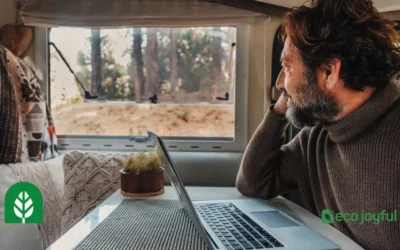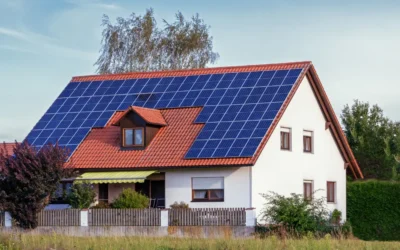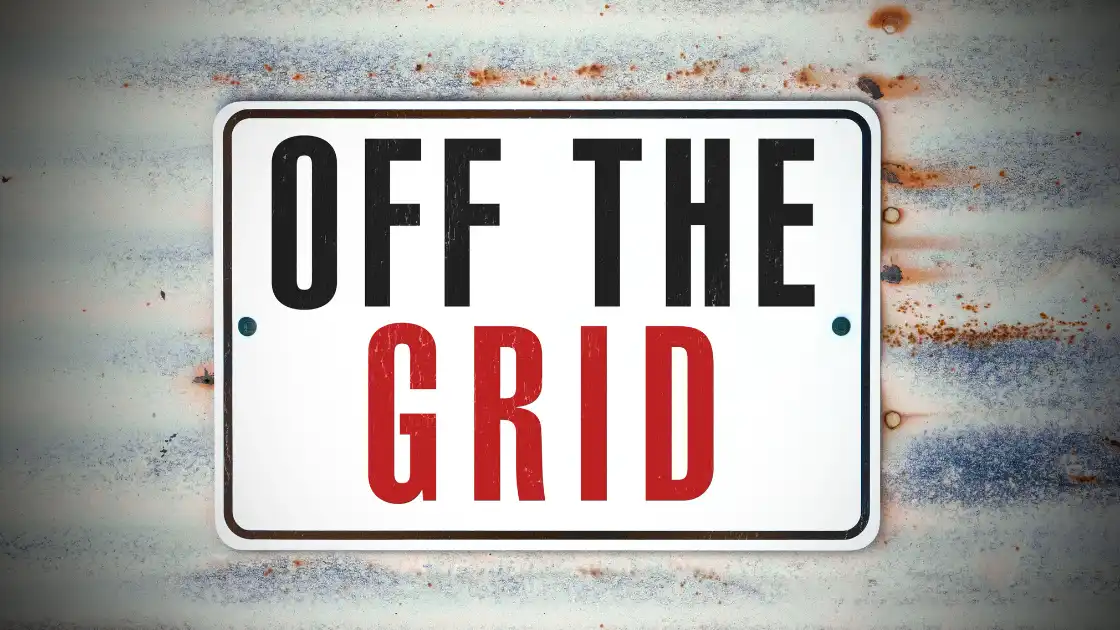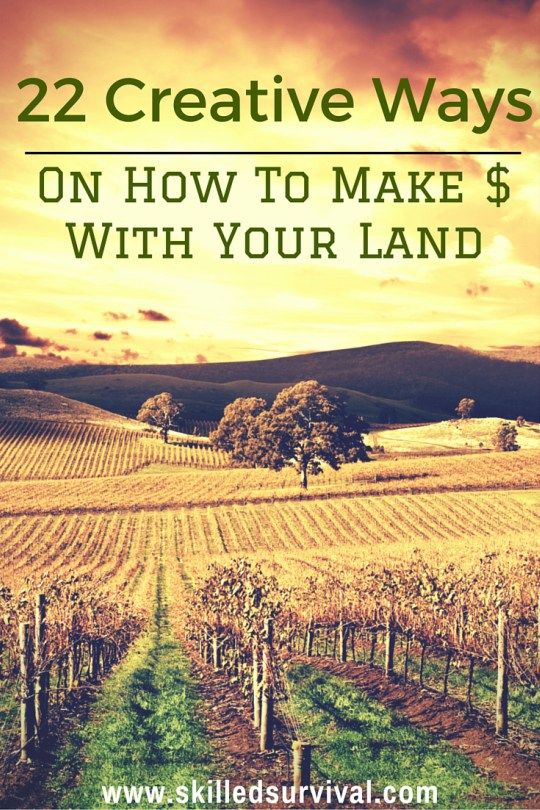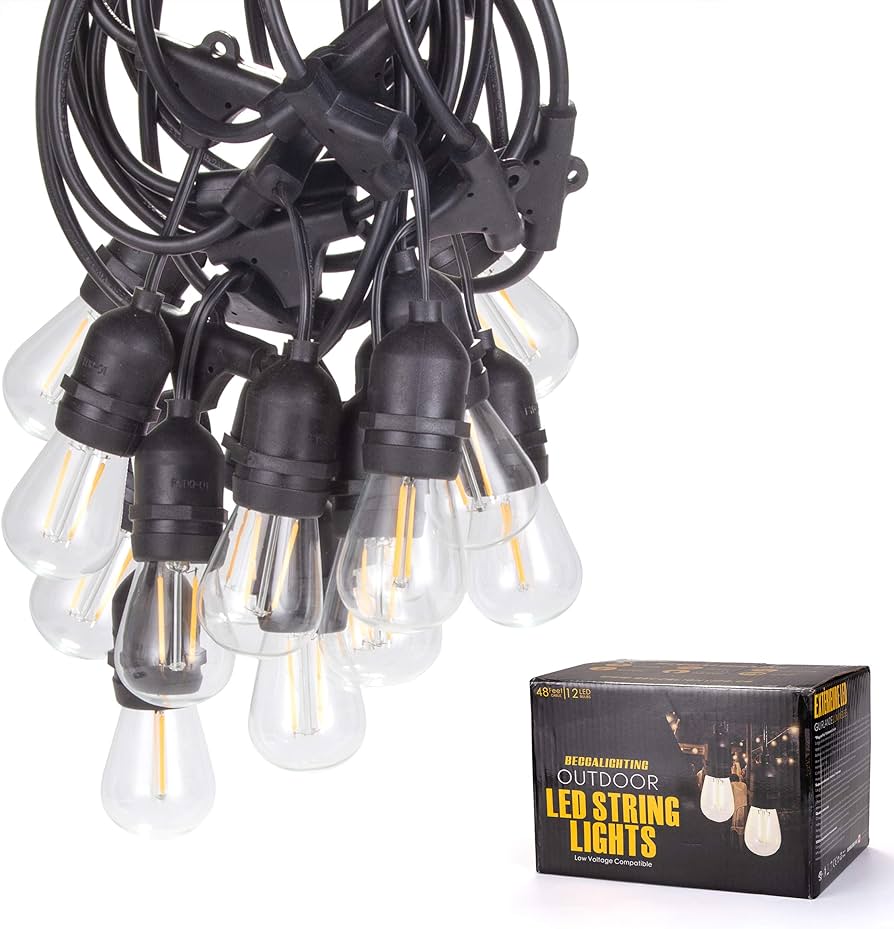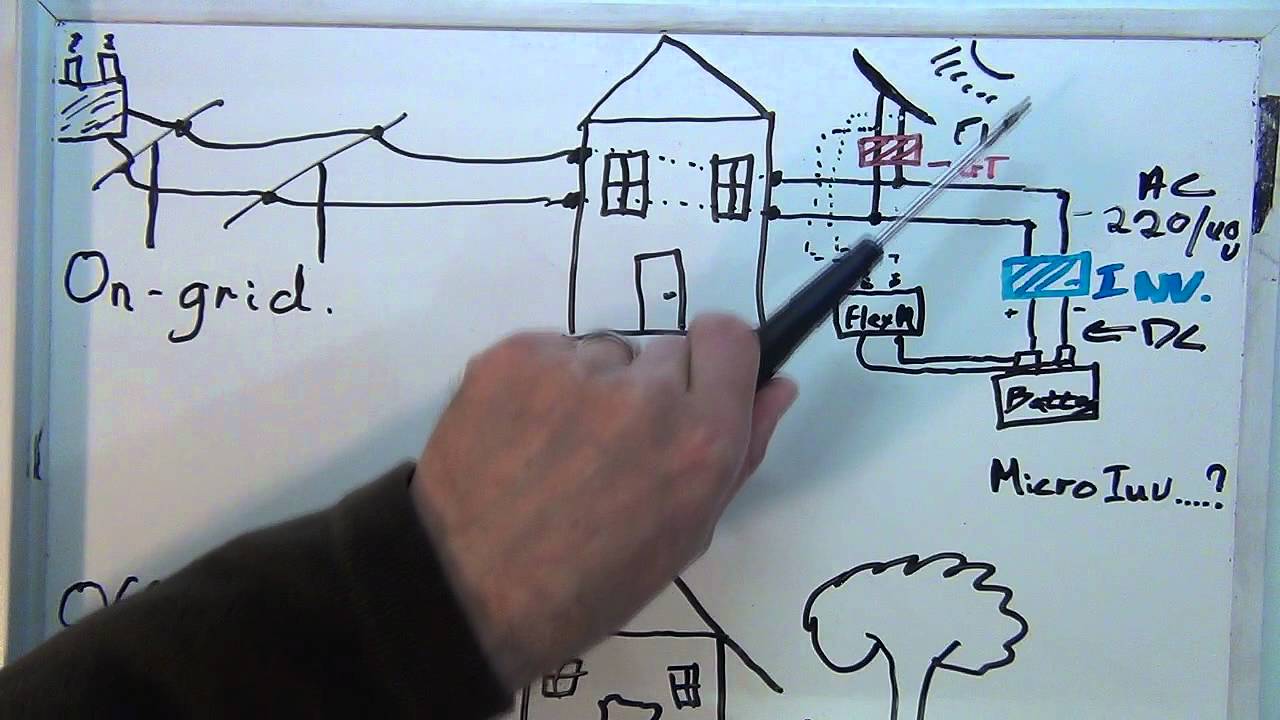Living off the grid for beginners is the process of living independently without relying on public utilities or modern amenities. In this lifestyle, individuals generate their electricity, produce their food, and manage their waste.
It involves being self-sustainable and reduces dependency on outside resources. Embracing this way of life requires careful planning, including choosing a suitable location, researching renewable energy sources, and acquiring the necessary skills for self-sufficiency.
This lifestyle offers benefits such as greater freedom, reduced utility bills, and a smaller carbon footprint.
However, it also comes with challenges like initial setup costs and a need for adaptability. Nonetheless, living off the grid can provide a rewarding and fulfilling experience for those who value sustainability and self-reliance.
Table of Contents
Essential Steps To Living Off The Grid
Living off the grid offers a simpler, self-reliant lifestyle away from the hustle and bustle of the modern world. Whether you’re motivated by environmental concerns or a desire for more independence, leaping off-grid living requires careful planning and preparation.
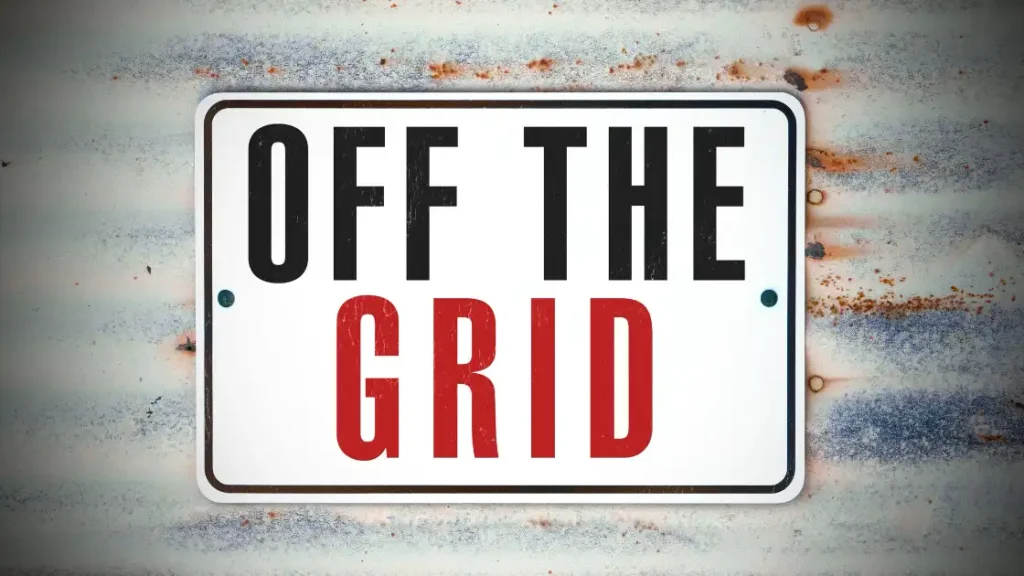
In this blog post, we will explore the essential steps to help beginners embark on their off-grid journey. From evaluating your current lifestyle to finding suitable land and housing, and finally, to establishing off-grid systems and sustainable resources, these steps will set you on the path towards a rewarding and fulfilling off-grid lifestyle.
Evaluate Your Current Lifestyle
Before venturing into off-grid living, it’s crucial to evaluate your current lifestyle and determine what changes you need to make.
Assess your energy consumption, water usage, and waste generation. Identify areas where you can reduce your reliance on external resources and rely more on renewable alternatives.
This self-assessment will guide you in creating a sustainable off-grid plan tailored to your needs and goals.
Find Suitable Land And Housing
Once you have a clear understanding of your current lifestyle and what it takes to live off the grid, the next step is to find suitable land and housing.
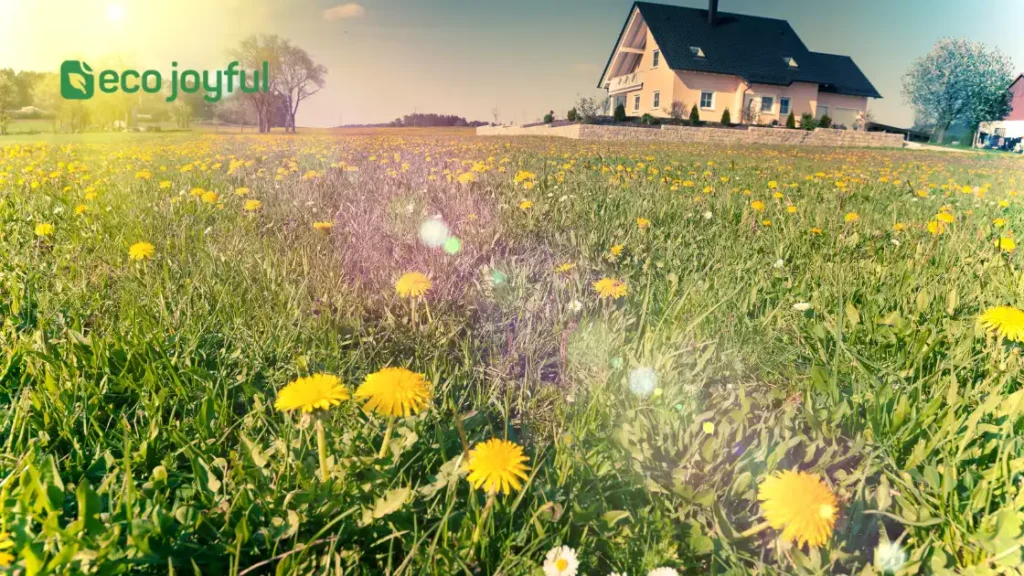
Look for properties that offer ample space for sustainable practices such as gardening, renewable energy installations, and water collection.
Consider the local climate, accessibility to essential services, and zoning regulations when searching for the perfect off-grid property.
Establish Off-grid Systems And Sustainable Resources
With land and housing secured, it’s time to establish the necessary off-grid systems and sustainable resources. This includes setting up solar panels or wind turbines to harness renewable energy, installing rainwater collection systems, and composting toilets for responsible waste management.
Additionally, you can explore alternative heating and cooling methods, like geothermal or wood-burning stoves, to minimize your reliance on fossil fuels.
Creating a self-sufficient and sustainable off-grid infrastructure will ensure your long-term success.
Challenges And Benefits Of Living Off The Grid
Living off the grid can be a rewarding and fulfilling lifestyle, but it does come with its own unique set of challenges. Overcoming these challenges of self-reliance is something that every beginner needs to be prepared for.
On the flip side, numerous environmental and health benefits come with embracing off-grid living. In this section, we will dive deeper into both the challenges and benefits of living off the grid.
Overcoming Challenges Of Self-reliance
When you choose to live off the grid, you must be ready to take on the responsibility of providing for yourself without relying on public utilities.
This means you will need to learn how to harness and manage your energy sources, such as solar panels or wind turbines, and store that energy for future use.
Besides energy, you will also need to find sustainable sources of water, either by collecting rainwater or drilling a well.
Additionally, you will need to learn how to properly manage waste disposal and maintain a composting system for organic waste.
Living off the grid also requires developing skills in growing your food. This involves creating a functional garden, understanding the seasons and climate in your area, and learning sustainable farming practices.
Although these challenges may seem daunting at first, they can be overcome with the right knowledge, dedication, and a willingness to adapt.
Embracing self-reliance and learning these essential skills not only prepares you for the demands of off-grid living but also empowers you to become more self-sufficient and resilient in the face of uncertainties.
Environmental Benefits Of Off-grid Living
By living off the grid, you are reducing your reliance on fossil fuels and decreasing your carbon footprint. The use of renewable energy sources like solar or wind power reduces greenhouse gas emissions and helps combat climate change.
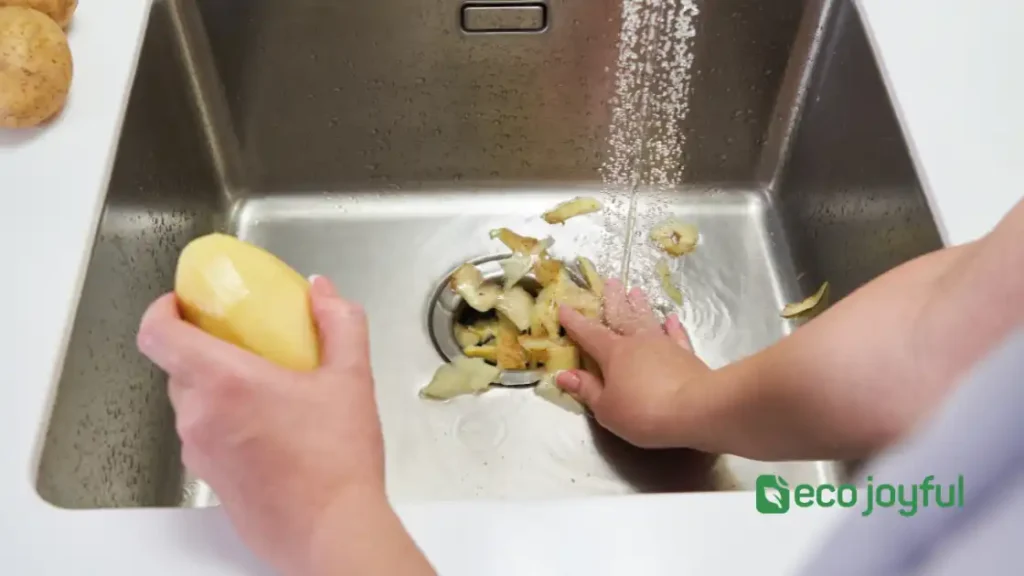
Off-grid living also encourages a more sustainable and eco-friendly lifestyle. You have the freedom to implement environmentally conscious practices such as rainwater harvesting, composting, and permaculture. These practices promote resource conservation, soil health, and biodiversity, ultimately contributing to the preservation of our planet.
Health And Personal Benefits
Living off the grid allows individuals to reconnect with nature and enjoy a slower-paced lifestyle. The absence of constant noise and distractions from modern technology promotes mental well-being and provides space for self-reflection and personal growth.
The proximity to nature also offers numerous physical health benefits. Fresh air, unpolluted natural surroundings, and the opportunity for outdoor activities like hiking or gardening contribute to a healthier lifestyle, reducing the risk of various health issues.
Furthermore, the reduced reliance on processed and packaged foods that often contain harmful chemicals can lead to a more wholesome and nutritious diet. When you grow your own food, you have full control over what you consume, ensuring that it is fresher, healthier, and free from potentially harmful additives.
Living off the grid is a transformative experience that presents both challenges and benefits. By overcoming the challenges of self-reliance and embracing the environmental and health advantages, you can craft a more sustainable and fulfilling life, one that is in harmony with nature and promotes your overall well-being.
Conclusion
In a world that’s becoming increasingly connected and reliant on technology, living off the grid can provide a refreshing escape. Whether you’re seeking self-sufficiency, a closer connection with nature, or a simpler way of life, this beginner’s guide has covered all the essentials.
From sustainable energy sources to growing your food, you’ve learned the key steps to embark on your off-grid journey. Embrace the freedom, independence, and tranquility that await you as you venture into this alternative lifestyle. It’s time to disconnect to truly connect with yourself and the world around you.


